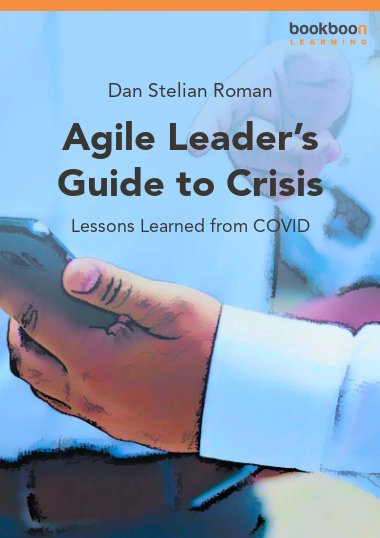Most Agile frameworks are inspired by the Manifesto for Agile Software Development. They have been developed based on practical experience with small software projects. Although most of the values and principles are valid at a larger scale, organizational transformation requires senior leadership support when rapid and hard decisions are made and acting on feedback if the outcome is not as intended. This book is a Project Manager’s analysis of a few lessons learned during the COVID crisis, lessons that can be applied to increase the likelihood of Agile adoption in large organizations.
About the Author
Dan is an experienced Project Manager with over 35 years commercial experience. He started his career as a specialist in Computer Aided Design and Manufacturing (CAD/CAM) following his involvement in research during university studies. After a successful career in research when he also published articles and books on various topics, mainly Computer Aided Design & Manufacturing and Computer Graphics he managed large development teams and then moved to Project Management and is now specialized in Business Transformations Projects.


